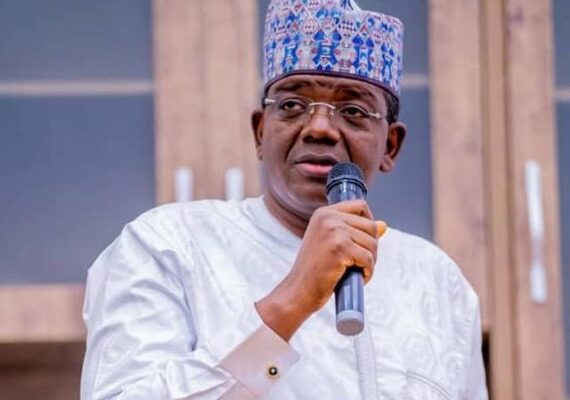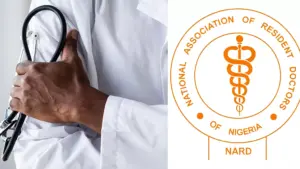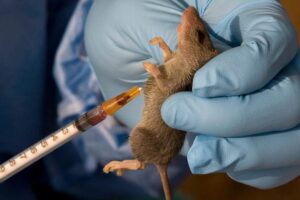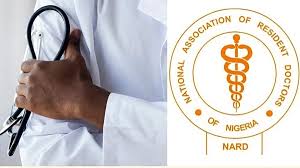The Federal Government has announced plans to fully enrol members of the Nigerian Armed Forces into the National Health Insurance Authority (NHIA), ensuring proper integration and access to comprehensive healthcare for service members, their families, and eligible retirees.
Minister of State for Defence, Bello Matawalle, disclosed this on Tuesday while speaking in Abuja during the 20th anniversary celebration of the Ministry of Defence Health Implementation Programme’s partnership with the Walter Reed Army Institute of Research Africa.
Matawalle expressed that the initiative would strengthen Nigeria’s defence health system and guarantee that soldiers and their families enjoy the same health safeguards as other citizens under the NHIA.
“We must shape the next 20 years with national security and the National Health Insurance Authority, ensuring that our forces are covered by national health and well-being safeguards for service members, their families, and eligible civilians—extending across postings and into retirement,” he said.
The minister further explained that the health of the military was directly tied to national security, noting that preventive healthcare and insurance coverage would ensure operational readiness.
“The health of our armed forces is preserved for the security of our nation. When illness is prevented, protection and unity remain operational missions,” he added.
Citing the impact of the defence health partnership, Matawalle explained that it has already benefitted over half a million Nigerians, including military and civilians, saving lives, strengthening infrastructure, and boosting confidence in military-led healthcare.
Matawalle emphasised that integrating the armed forces into health insurance would not only sustain care but also safeguard long-term national security.
“As we mark this anniversary, we renew our collective resolve to keep the health of our armed forces at the heart of national defence,” he said.
Read Also
Chief of Defence Staff, General Christopher Musa, described the NHIA integration as a crucial step toward ensuring soldiers remain fit to defend the nation.
He hailed the two-decade partnership with Walter Reed as a model of international collaboration, which has transformed Nigeria’s military health system, strengthened 32 health facilities nationwide, and supported civilian communities during health crises, including HIV prevention and COVID-19 response.
Musa cited the Defence Reference Laboratory in Abuja, which was accredited by the American Association for Laboratory Accreditation, describing it as a landmark facility that enhanced Nigeria’s capacity to respond to future health threats.
Also at the event, the United States Ambassador to Nigeria, Richard Mills Jr., commended the partnership as a demonstration of trust and respect between Nigeria and the U.S., while Major General Paula Lodi, Commanding General of the U.S. Army Medical Research and Development Command, said the collaboration had saved countless lives, built local capacity, and influenced health policy beyond Nigeria.
Since its inception, the programme has recorded significant milestones. A total of 1,628,414 clients have been tested and counselled for HIV, out of which 110,097 tested positive. About 69,447 adults and children have been newly initiated on Antiretroviral Therapy (ART), with 40,702 currently on treatment. In all, 77,162 adults and children have ever been enrolled on ART.
In addition, 277,975 pregnant women now know their HIV status, 15,098 of them tested positive, and 13,377 received ART to prevent mother-to-child transmission of the disease.
Matawalle said the figures are a testament to the importance of integrating military personnel into health insurance coverage, which would guarantee not only the sustainability of care but also long-term operational effectiveness.
“As we mark this anniversary, we renew our collective resolve to keep the health of our armed forces at the heart of national defence. The force that guarantees peace is resilience and mission orientation. Let us commit to leaving behind a defence health system that is not only robust, but innovative, intensive, and spiritually prepared for future threats, while safeguarding the well-being of the men and women who serve our country,” the minister declared.





